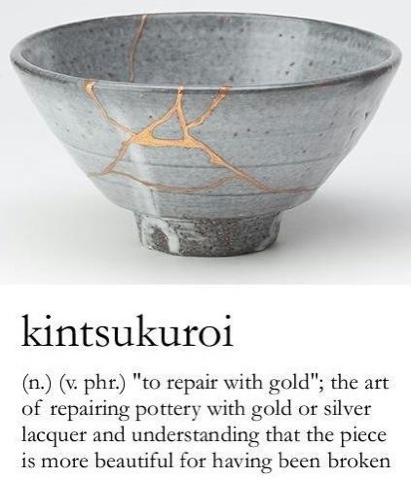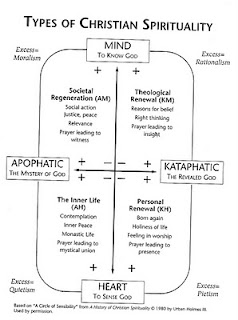Transform or Transmit...
"Pain teaches a most counterintuitive thing—that we must go down before we even know what up is. It is first an ordinary wound before it can become a sacred wound. Suffering of some sort seems to be the only thing strong enough to destabilize our arrogance and our ignorance. I would define suffering very simply as “whenever you are not in control.”
All healthy religion shows you what to do with your pain. If we do not transform our pain, we will most assuredly transmit it. If your religion is not showing you how to transform your pain, it is junk religion. It is no surprise that a crucified man became the central symbol of Christianity.
If we cannot find a way to make our wounds into sacred wounds, we invariably become negative or bitter—because we will be wounded. That is a given. All suffering is potentially redemptive, all wounds are potentially sacred wounds. It depends on what you do with them. Can you find God in them or not?
If there isn’t some way to find some deeper meaning to our suffering, to find that God is somehow in it, and can even use it for good, we will normally close up and close down, and the second half of our lives will, quite frankly, be small and silly."
Post Scriptum thanks to David Alton
Kintsugi (金継ぎ?) (Japanese: golden joinery) or Kintsukuroi (金繕い?) (Japanese: golden repair) is the Japanese art of fixing broken pottery with a lacquer resin sprinkled with powdered gold. ...... a tube of No Nails and some gold airfix paint isn't quite as effective or meaningful.


Comments